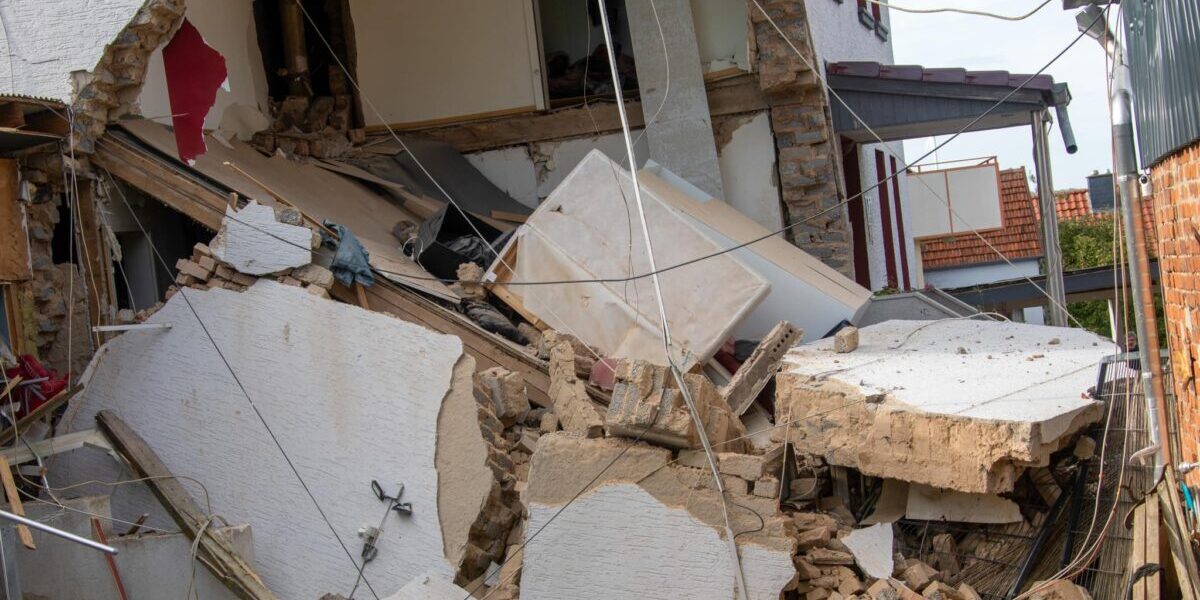It’s coming, another new code only a few months away. Heard any rumours about possible changes?
So far the only change I have heard about is that they will allow Energy Storage Systems to be installed inside dwellings. (With restrictions, in a separate room, fire rated walls etc)
Code currently limits the installation of ESS in dwellings to attached garages, in a separate building or on the exterior of the dwelling only. 64-918
So far the only change I have heard about is that they will allow Energy Storage Systems to be installed inside dwellings. (With restrictions, in a separate room, fire rated walls etc)
Code currently limits the installation of ESS in dwellings to attached garages, in a separate building or on the exterior of the dwelling only. 64-918






